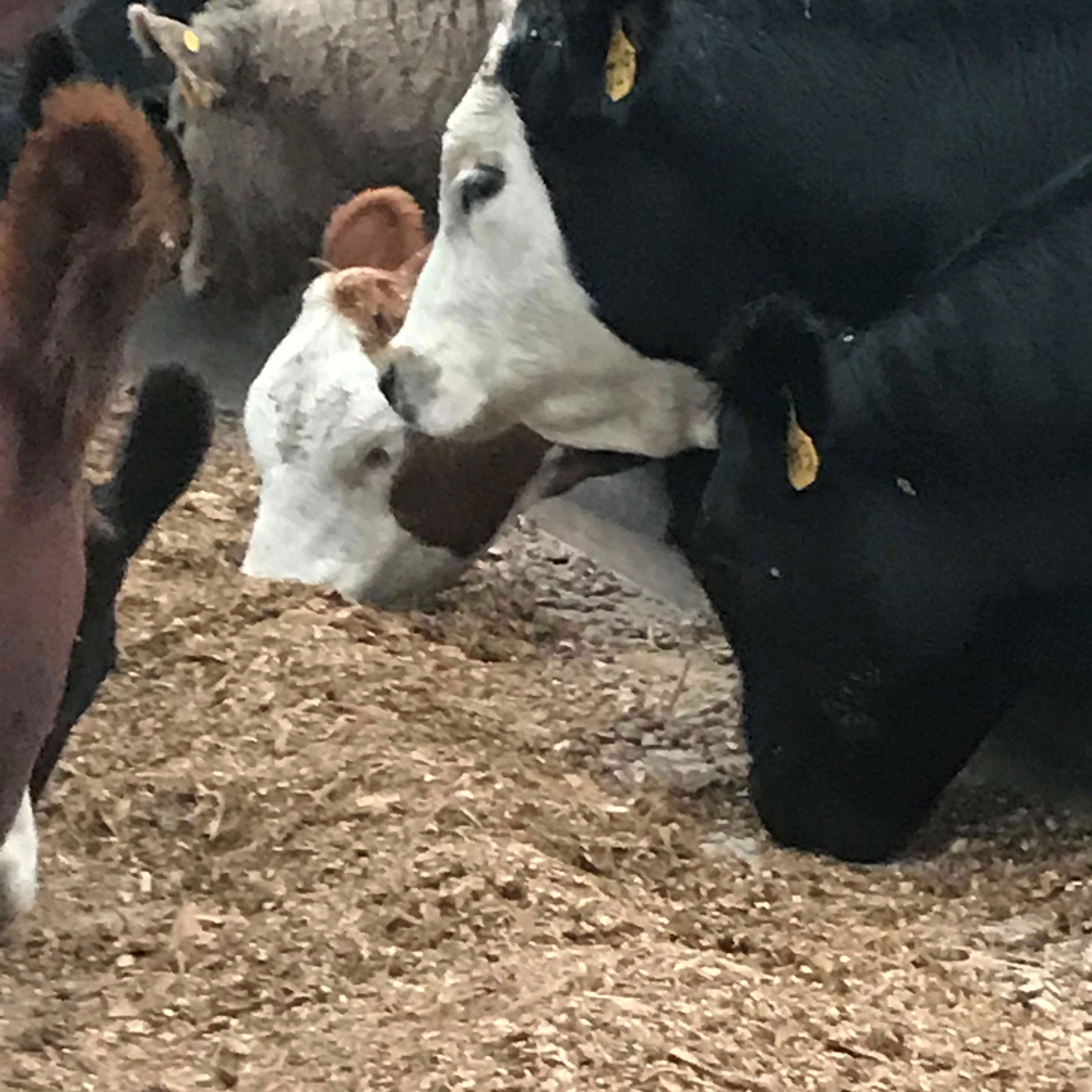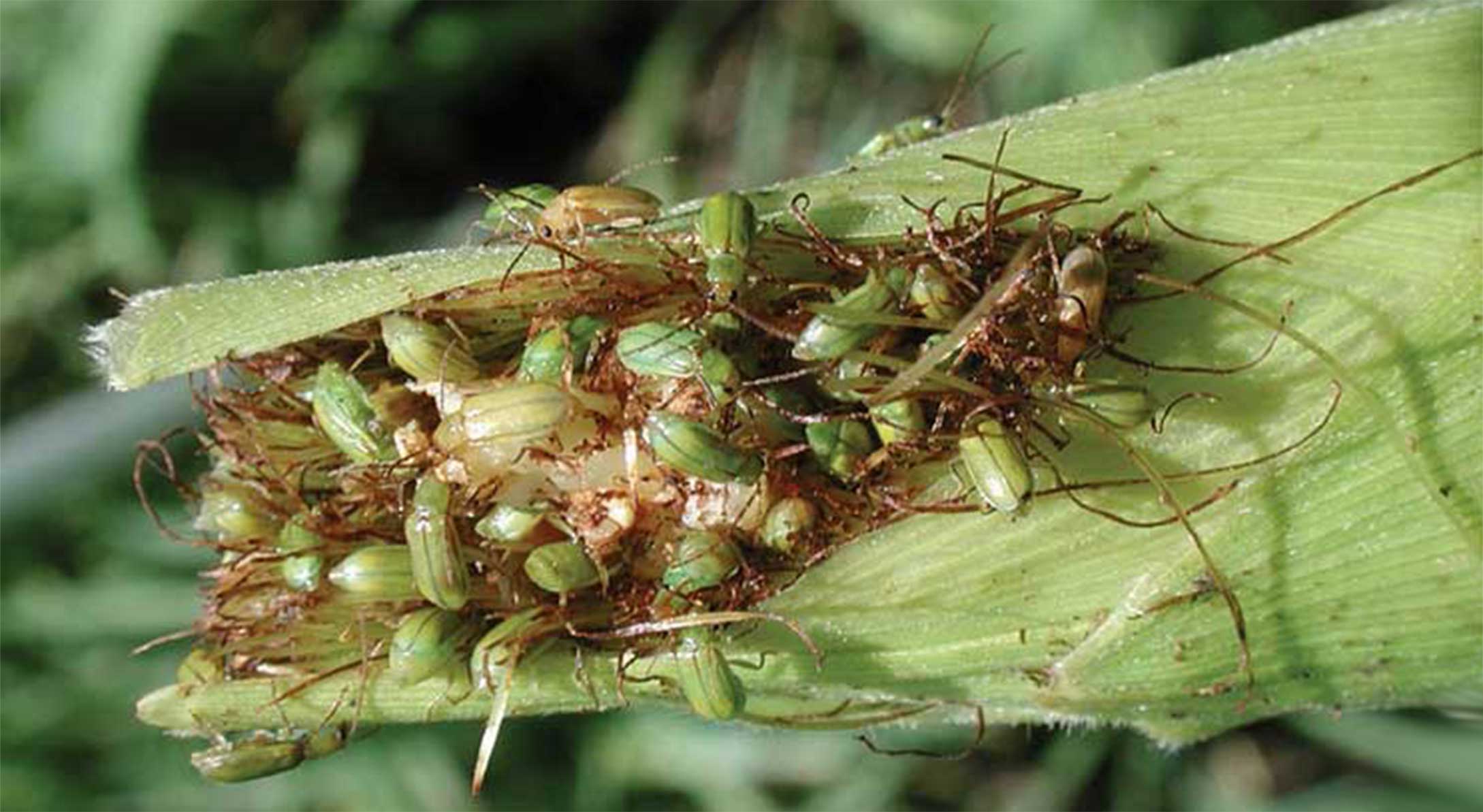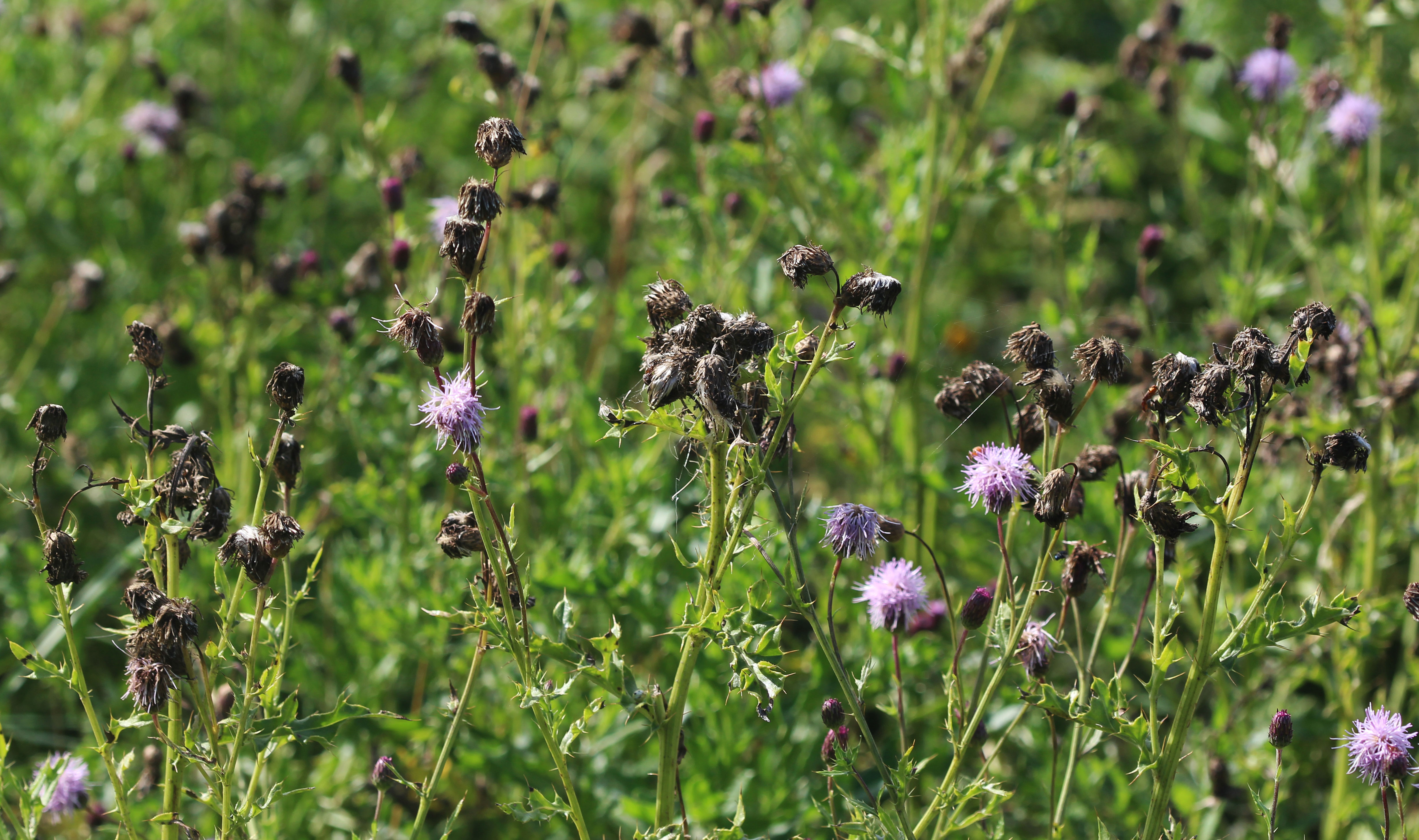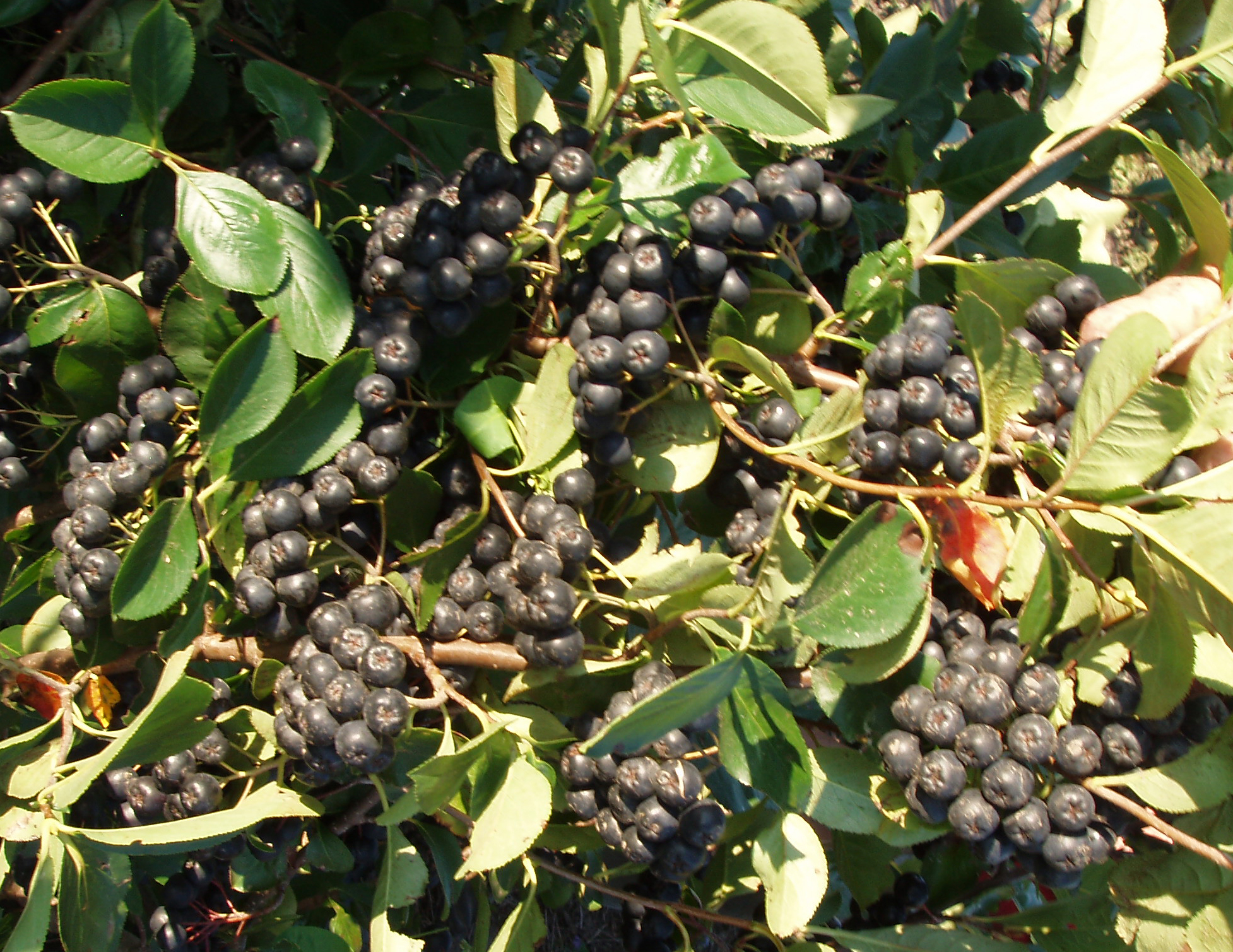Search

Salt/Salinity Tolerance of Common Horticulture Crops in South Dakota
Fact sheet about salt/salinity tolerance of common horticulture crops.

Emerald Ash Borer Insecticide Treatment Options
Fact sheet about insecticide treatment options for protecting ash trees against emerald ash borer.

Barley Variety Trial Results
In 2019, Barley trial was planted at one location in South Dakota.

Soybean Gall Midge in South Dakota
Fact sheet about soybean gall midge in South Dakota

Frequently Asked Questions - Forage Nitrate Toxicity in Ruminant Livestock
A fact sheet to address frequently asked questions about forage nitrate toxicity in ruminant livestock.

Northern and Western Corn Rootworm in South Dakota
Fact sheet on Northern and Western Corn Rootworm in South Dakota

Best Management Practices for Sunflower Production
This is your unbiased, research-based guide to sunflower production, providing the latest recommendations to help increase yield, reduce input costs and protect your investment.

Noxious Weeds of South Dakota
Pictorial reference guide of noxious weeds in South Dakota

Sheep Facilities and Moisture
Fact sheet for keeping a barn comfortable and dry to increase lamb survival.

Soil Testing for Vineyards in South Dakota
Not all soils are conducive to growing quality grapes, so prospective vineyard sites should be tested before a decision is made to plant grapes. Tests can identify soils that are either too high in pH, salts, or salinity, or that are “too rich” (too high in organic matter and nitrogen) for grapes. In addition, testing before planting allows for the incorporation of nutrients—such as phosphorus—that do not move easily through the soil to plant roots.